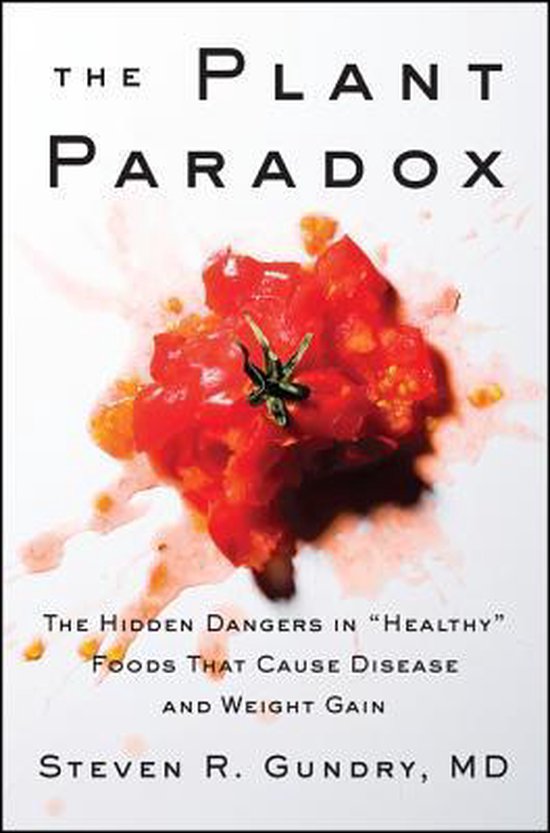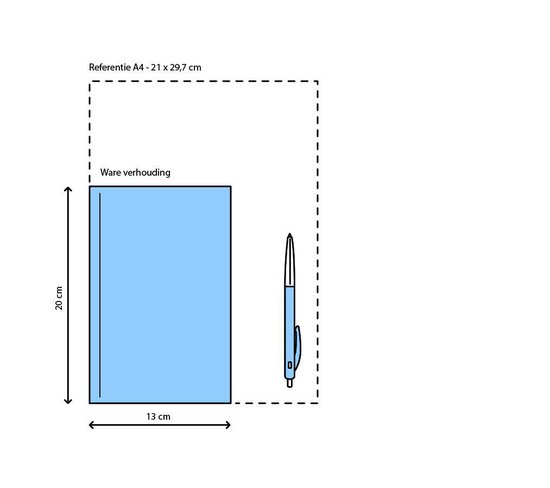


| Taal: | en |
| Bindwijze: | Hardcover |
| Oorspronkelijke releasedatum: | 01 juni 2017 |
| Aantal pagina's: | 399 |
| Illustraties: | Nee |
| Hoofdauteur: | Steven R Gundry, MD |
| Hoofdauteur: | Steven R Gundry, MD |
| Editie: | 1 |
| Extra groot lettertype: | Nee |
| Product breedte: | 128 mm |
| Product hoogte: | 21 mm |
| Product lengte: | 198 mm |
| Studieboek: | Ja |
| Verpakking breedte: | 162 mm |
| Verpakking hoogte: | 41 mm |
| Verpakking lengte: | 234 mm |
| Verpakkingsgewicht: | 1294 g |
| Editie: | 1 |
| Extra groot lettertype: | Nee |
| Product breedte: | 128 mm |
| Product hoogte: | 21 mm |
| Product lengte: | 198 mm |
| Studieboek: | Ja |
| Verpakking breedte: | 162 mm |
| Verpakking hoogte: | 41 mm |
| Verpakking lengte: | 234 mm |
| Verpakkingsgewicht: | 1294 g |
Most of us have heard of gluten—a protein found in wheat that can cause widespread inflammation in the body. Americans spend billions of dollars on gluten-free diets in an effort to protect their health. But what if we’ve been missing the root of the problem?
In The Plant Paradox, renowned cardiologist and heart surgeon Dr. Steven Gundry reveals that gluten is just one variety of a common, and highly toxic, plant-based protein called lectin. Lectins are found not only in grains like wheat but also in the “gluten-free” foods most of us commonly regard as healthy, including many fruits, vegetables, nuts, beans, and conventional dairy products. These proteins, which are found in the seeds, grains, skins, rinds, and leaves of plants, are designed by nature to protect plants from predators (including humans). Once ingested, they incite a kind of chemical warfare in our bodies, causing inflammatory reactions that can lead to weight gain and serious health conditions.
At his waitlist-only clinics in California, Dr. Gundry has successfully treated tens of thousands of patients suffering from autoimmune disorders, diabetes, leaky gut syndrome, heart disease, and neurodegenerative diseases with a protocol that detoxes the cells, repairs the gut, and nourishes the body. Now, in The Plant Paradox, he shares this clinically proven program with readers around the world.
The simple (and daunting) fact is, lectins are everywhere. Thankfully, Dr. Gundry offers simple hacks we can easily employ to avoid them, including
With a full list of lectin-containing foods and simple substitutes for each, a step-by-step detox and eating plan, and delicious lectin-free recipes, The Plant Paradox illuminates the hidden dangers lurking in your salad bowl—and shows you how to eat whole foods in a whole new way.